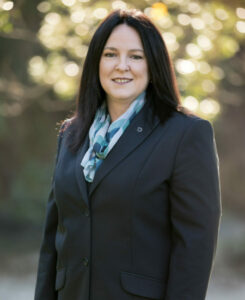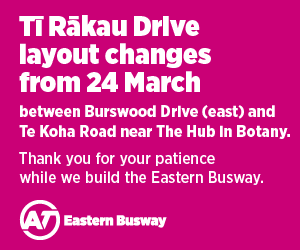
Funeral directors are calling for a price increase for the Work and Income Funeral Grant as the costs for funerals and cemetery plots continue to rise.
The Funeral Directors Association of New Zealand (FDANZ) reported last month that a sample of 17 council sites show the average burial cost is now more than $4000 with significant jumps happening in Tauranga, Hastings, Nelson and the Far North over the past two years.
Auckland has seen about a 2 per cent increase.
Chief executive Gillian Boyes says this takes the nationwide average cost of a very modest funeral with a burial to around $8400 against the Work and Income Funeral Grant which currently sits at $2280.70.
Branch manager at Davis Funerals in Pakuranga Swee Han Lim told the Times that the price for a burial plot in Manukau Memorial Gardens is $4400 with $1200 in interment fees. In 2020, it was $5504.
“It’s not a big increase, but if you add everything up on top of it – flowers, the cost of funerals – the prices up have gone up quite a lot,” Lim says. This trend is nothing new.
In 2015, the NZ Herald reported that fees for burial costs across the Auckland region increased by an average 22 per cent, fees for an ash plot by 14 per cent, and interment fees by 132 per cent.
At the time, a burial plot at Manukau Memorial Gardens had gone up 15 per cent from $3454 to $4000, plus interment fees of $1072. In seven years, that is a $528 increase.
Lim says that pre-Covid, the price of a full funeral service with cremation, catering and 50 people in a chapel would be between $10,000-12,000. This year it would around $12,000-$13,000, he says.
“I don’t think the grant can keep up with the cost of living and the industry as a whole. We think it needs to be increased. In my personal opinion, I think realistically, if just covering the cost of casket and the cost, I would say three-a-half to four (thousand).”
Howick’s Rachel Benns, the manager of Resthaven Funerals and president of FDANZ, says the price increase in burials has particularly affected Maori and Pacific families as they have a cultural preference to be buried.
“Families may manage by seeking koha from other family members which creates hardship across wider family groups and the WINZ grant is so little there is a huge shortfall for these families,” Benns says.
“For a very modest funeral with burial the grant covers less than 30 per cent of the cost.”
FDANZ has suggested a more equitable amount for the grant would be $6300, near the ACC grant which is $7024 in the case of accidental deaths.
Lim says that getting to even get it increased to $3000 would be “quite challenging”.
“There are a lot of factors involved and a lot of people in need. There’s a balancing act.”
Benns says that the grant is asset and income tested and “we have made the point the current asset tests and income levels for the grant have not been changed since 2003.
“A thorough review of these tests is needed to ensure that the grant criteria are reasonable. However, we also have concerns that the process is difficult, particularly compared to the ACC grant”.
Benns says that the Minister has responded by saying reviewing the grant will be part of a “wider package of welfare reforms”.
“We have checked the hundreds of pages of welfare reform documents and can’t see any reference specifically to the funeral grant.
“We have also spoken to two other Ministers and we are awaiting additional information from them”.









